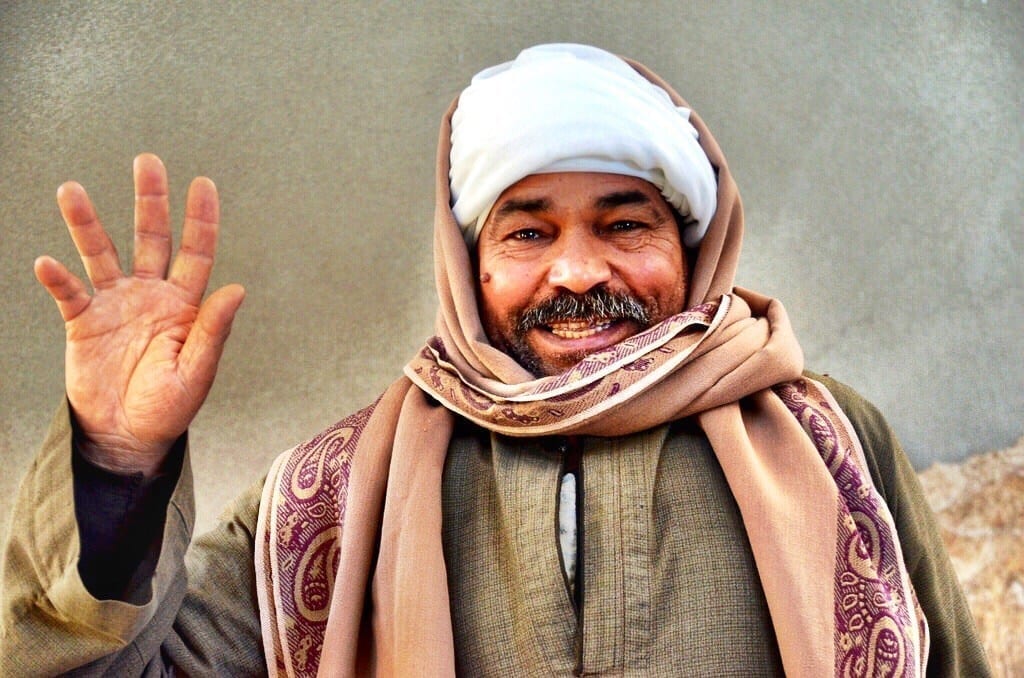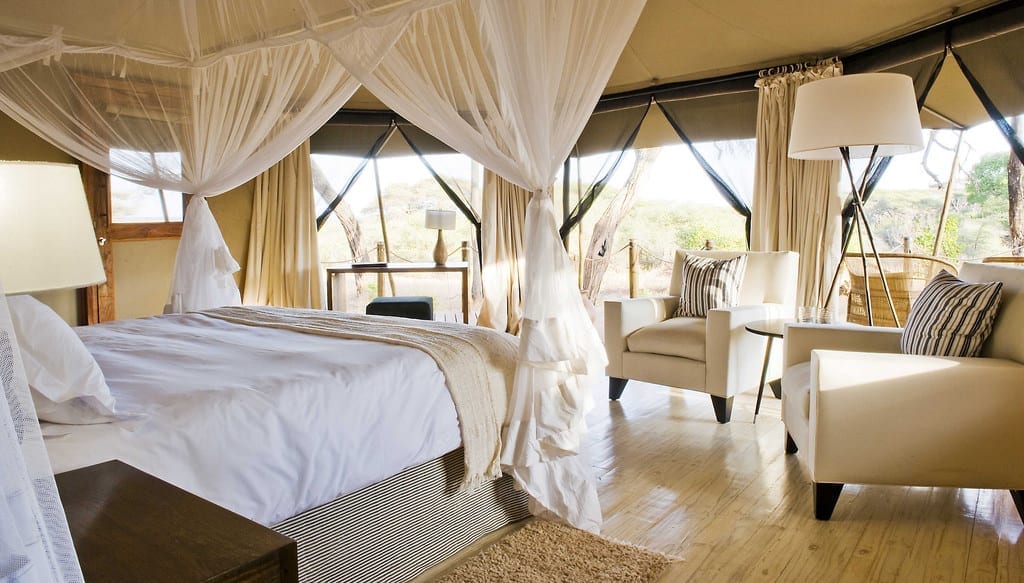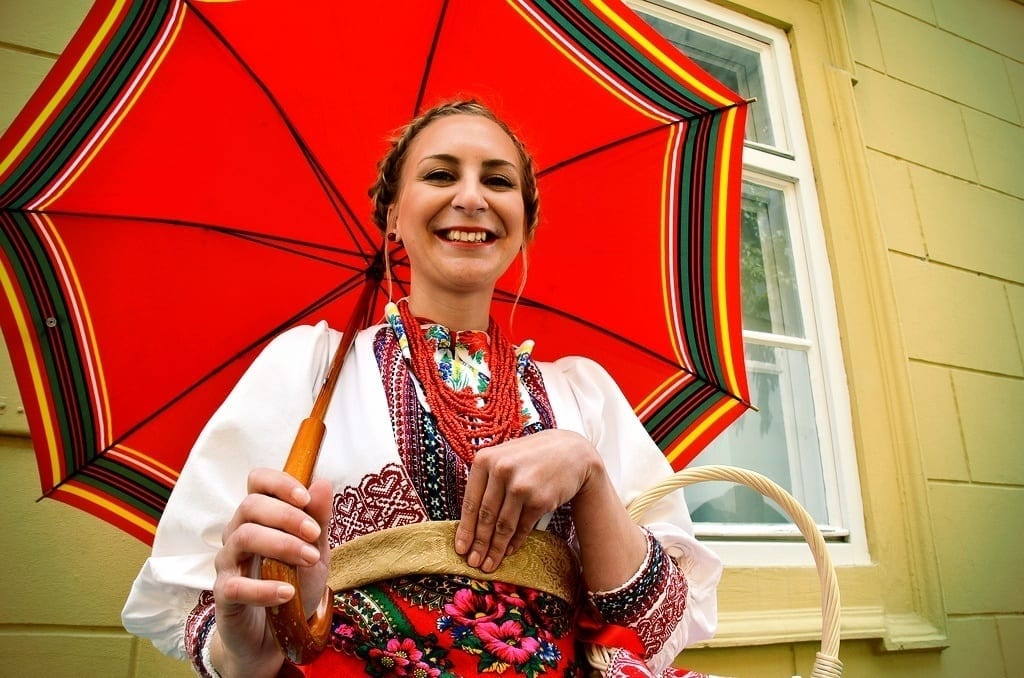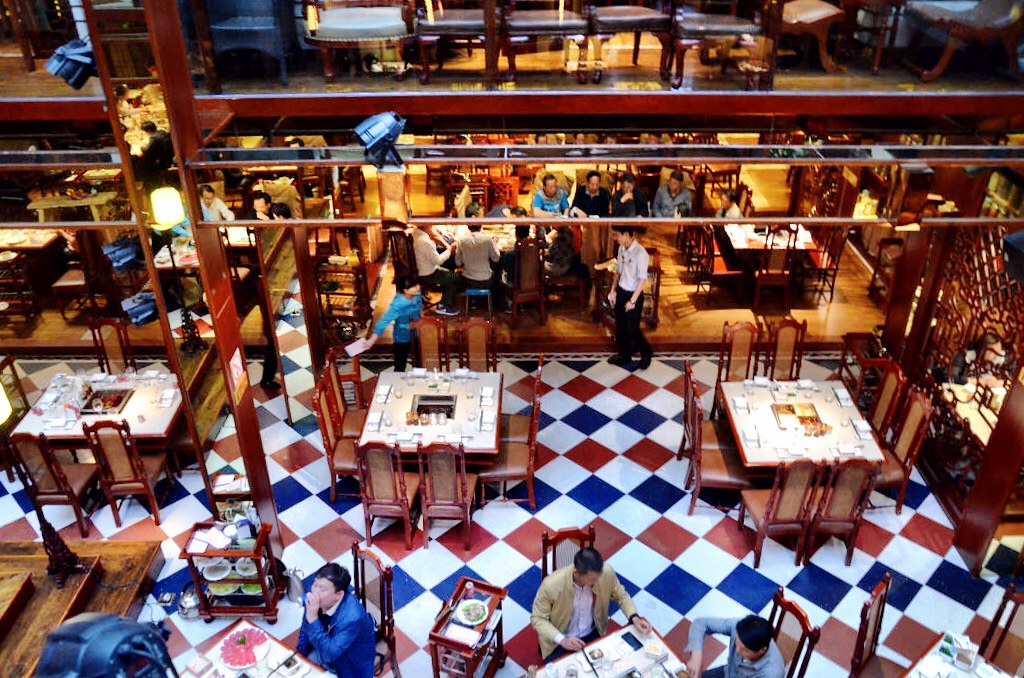
There are a lot of people online who want to share their secrets for seeing the world as cheaply as possible. That’s fine I guess, but it’s never been my travel style nor is it something I can easily identify with. Don’t get me wrong, my partner and I are not spendthrifts and like everyone, if we can save money then we will. But travel is also an investment, and investments require expenditures of our time and money to be honest. Since my first trip as an adult, I’ve devoted most of my own resources towards the travel experience, it’s been one of my great priorities in life and I believe that what I’ve gained from those many experiences have had more benefits than I could ever identify. Maybe it’s because of this style of travel that I’ve noticed in particular the power of hospitality in the travel experience. After having given this a lot of thought, I believe we find hospitality in a number of ways when we travel and you definitely don’t always have to spend a lot of money to find it. For many though, it is a uniquely high level of service that usually transforms our travel experiences into something very special. That’s why travel is an investment and should be treated as such. When I bought a house I wanted a good deal, but I didn’t seek out the cheapest ramshackle I could find. The same holds true for the travel experience and as my mother always told me, you get what you pay for. With all of this in mind I want to look at the power of hospitality in travel in two ways: institutional and in a more organic sense.

Institutional hospitality
For years I’ve been toying with the concept of airlines and hotels as experience curators. Rather than just see them as a mode of conveyance or a place to sleep and shower, I have evolved intellectually to understand that if chosen properly, both can help augment our travel experiences in tremendous ways. Hotels are perhaps easier to understand and I was reminded of their great power while on my recent trip to China. For the project, I worked with Ritz-Carlton, a hotel brand I have come to know and love over the years and with whom I have stayed in all corners of the planet. I’ve enjoyed their hospitality both on business and leisure travel and have come to know and understand them in a way unlike any other luxury hotel brand out there. I like them not only for their consistency in standards and service, but for their incredible hospitality as well. Hospitality is a loaded term and we each define it slightly differently, but for me it’s at the heart of any travel experience and simply means the ability to go above and beyond in helping me make the most of my trip. Throughout my time in China they helped me in small ways, from easily answering any city questions I had to helping me put together transportation to and from airports and even walking me to area restaurants. I chatted with some Ritz-Carlton staff during my stays with them in China and asked about this and was surprised to learn that each of them are encouraged to go above and beyond to provide this hospitable environment for their guests. The example given to me was that if a guest asks their housekeeper where he or she likes to go eat after work, then they might consider not only telling them, but walking them over there following the end of their shift. That takes friendliness to a whole new level and is a little touch that means a lot to us when we travel. Ritz-Carlton isn’t alone in this phenomenon of course; any great hotel will have this amazing level of service and hospitality, which is one of the many reasons why I seek out luxury hotels wherever I go. It’s not just for the nice rooms and comfy beds, it’s because I know that they understand my time with them is an investment and they will help me realize as many returns from that investment as possible.
Hotels aren’t the only standard bearers of this more formal type of hospitality, great airlines will also exhibit it and if they’re good enough, they will enhance your travel experience. In today’s world many airlines have been relegated to little more than flying buses, which is unfortunate. But there are still some that not only take pride in their work, but who actually care whether or not their passengers enjoy their travel experience. Crazy concepts, I know. The two that come to mind most recently are both Turkish Airlines and Cathay Pacific Airways. What impresses me most about both airlines isn’t only their outstanding customer care in business and first class sections, but to all of their passengers from the last row of economy on up. I’ve flown in just about every fare class with both airlines, and the experiences have been uniformly positive. On Cathay Pacific the flight crew asked about my travel plans, joked around with me and even offered suggestions on their favorite local haunts in Hong Kong. Turkish was different but similar in actually caring about my travel experience, changing menus to fit my picky eating ways and urging me to try new foods I was hesitant about. You don’t find this sort of interaction on many airlines today, and certainly not on the US-based airlines. In both cases the airlines in question didn’t just make my flying experiences more positive, they made the entire trips more fun than they otherwise would have been.

A third category of institutional hospitality comes in the form of the companies with whom we choose to travel. I’m an independent traveler at heart, but over the last year or two I’ve had a few opportunities to join river cruises of various quality levels as well as more formal tours, from basic to luxury. Looking back at these trips, the experiences could not have been more different. In regards to tour companies, the maxim you get what you pay for is sadly entirely true and is important to note as more and more people look to companies like G Adventures, Intrepid Travel, Insight Vacations and Abercrombie & Kent for assistance in their own trips of a lifetime. My most recent experience with Abercrombie & Kent taught me a lot about this world and showed me the real power that a truly experienced travel provider can have. Choosing one of their tailor-made trips, I was still able to be an independent traveler, but using their unique expertise in Tanzania that only they possess. They transformed an average trip into something I’ll never forget and that, maybe more than anything else, exemplifies the very important investment that travel is for all of us. If we are going to leave home and find new places to experience, then we had better make sure we’re getting as much out of that as possible. The incredibly high levels of hospitality from groups like Abercrombie ensure that we maximize both our time and our money.
But hospitality in travel doesn’t only come from companies, it can be so much more basic and simple and almost always makes our trips moments in time that stand apart from all others.

Organic hospitality
It doesn’t cost you anything to be nice, something else my parents taught me and today as an adult I understand the full power of that statement. As I get older, I still have my slightly curmudgeonly ways and am prone to sarcasm, but on the whole I’m a much more positive person than I ever have been. I think it comes from observing others and seeing that their short bursts of anger or impatience do little to help them either in life or when they travel. You get what you put out into the universe, and showing simple kindnesses or at least being open to them will invite the return in spades.
I think most of us who travel frequently all have stories of individuals who have gone out of their way to help us or to show us unique aspects of their cultures. It’s an organic sort of hospitality that can be never be planned, but when it does occur has the power to change us in ways we may not be fully aware of at the time. These moments of grand hospitality have also taught me that almost everyone, in every country is basically good. They all care about the same things as we do in life and when they see visitors, they want them to understand their culture in ways a guidebook can never provide.
A recent example for me is actually a fusion of both institutional and organic hospitality. Looking at it, some will criticize it, but for me it was a powerfully honest moment and one I want to share. Press trips are strange events in which writers (me) are invited to go to places by people who work in PR and Marketing. Their goal is to make sure we have as amazing an experience as possible and to highlight whatever it is they represent. This can be both good and bad and with hotels in particular, it usually can be somewhat shortsighted. Hotels naturally want to promote themselves, and so if a writer is visiting they’ll want that writer to eat in their restaurants and to drink in their bars. Which is fine, in moderation. A big part of the travel experience though is leaving the hotel, getting out into the community and eating and drinking with real locals, something that can’t happen in a hotel. Anyway, I was in Chengdu, China chatting with one of the lovely PR folks working for Ritz-Carlton and we started talking about the importance of food and travel and I mentioned my plans for the evening to get out and to see what I could find. I asked for recommendations about night markets and anything else quintessentially local that I should try. A smile crept up on her face and she told me that she had an idea. She and some friends from the hotel joined me that night and took me to their favorite hot pot restaurant in town.

Hot pot is THE dish for which Chengdu is known and EVERYONE has an opinion on where to find the best one. She could have drawn me a map and shown me on my way. But instead, they all took time out of their lives to join me, to teach me the proper ways to eat and enjoy a hot pot meal and to point out many other local favorite bites I would never have found otherwise. They didn’t have to do this. They could’ve advised me to instead eat only at the hotel or just given me directions to the restaurant and hope for the best. Instead they took time away from their families so that I could experience something that defines their city. They sincerely wanted me to learn about Chengdu and to understand why food is at the heart of local culture. That’s real human kindness, it’s not fabricated and that simple act of hospitality made me forever fall in love with the city.
Looking back at the initial premise of this post, it may seem a bit basic to assert that hospitality is important in the travel experience. But maybe it’s a reaction to its absence that I felt it necessary to write this. In the rush to do things as cheaply and quickly as possible, some have stripped the travel experience of its most important quality – hospitality shown to travelers. It’s this hospitality that makes us feel welcome, sure, but which also helps us experience new places in ways we never would otherwise. It makes us better travelers and people and it’s this hospitality that is proof of concept that travel is an investment in ourselves, both present and future.
